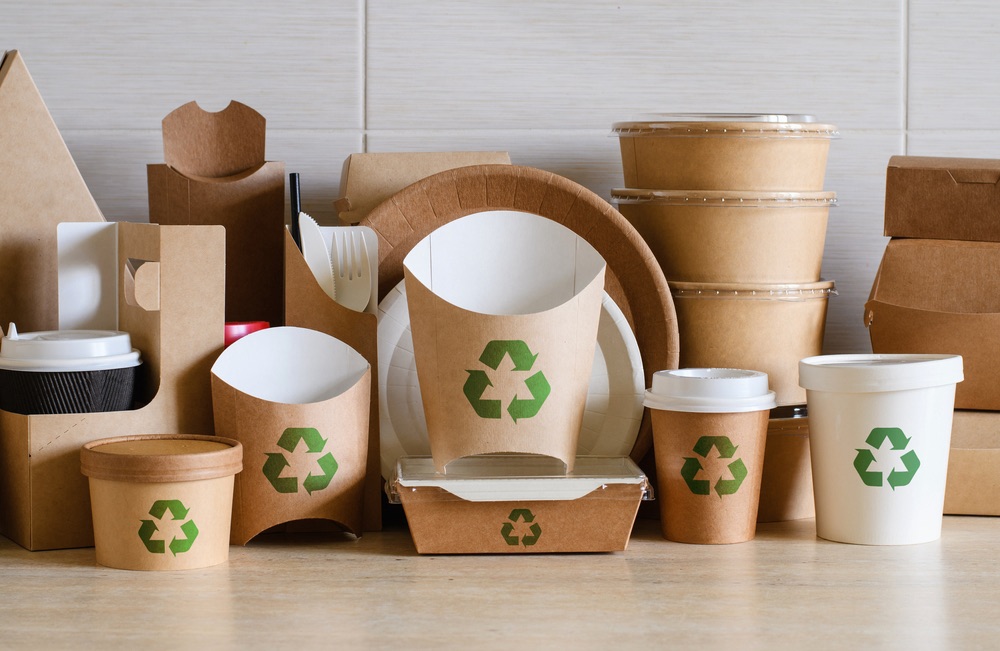
Food waste and its accompanying environmental pollution, particularly from packaging materials, remain major global concerns, especially in Western countries. The ethics of food waste are closely tied to the depletion of our planet’s limited natural resources. In Europe, household-generated food waste comprises over half of the total food waste, including potentially consumable food. The packaging materials not only waste resources but also contribute to greenhouse gas emissions and the pollution of forests and oceans with non-recyclable plastics, thereby harming ecosystems. At the end of their lifecycle, food packaging plastics become long-lasting pollutants, as they do not naturally degrade.
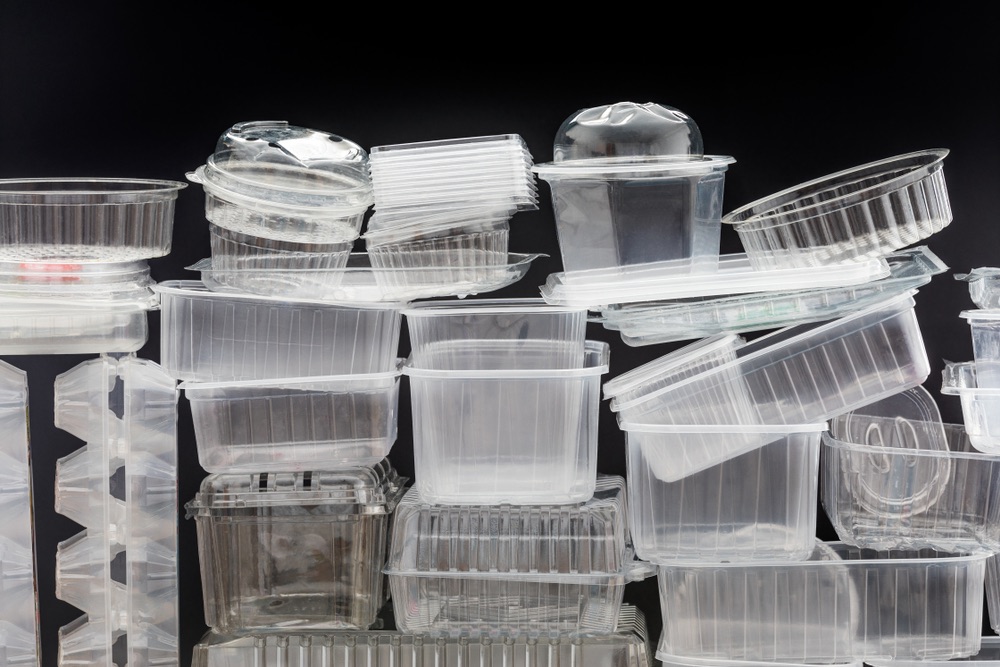
The production and disposal of synthetic polymers emit CO2, further contributing to global warming. In response, the European Union, under the European Green Deal, aims to cut food waste and losses by 50% by 2030. Most efforts to reduce this problem hinge on consumer voluntary commitment, bolstered by informational campaigns to encourage waste reduction and resource reuse. However, more robust solutions may be necessary. This study explores the use of renewable and biodegradable resources to develop fully biodegradable bioplastics for the food-packaging industry, aiming to eliminate CO2 emissions during plastic preparation and prevent environmental accumulation.
Biopolymers and Biodegradable Plastics
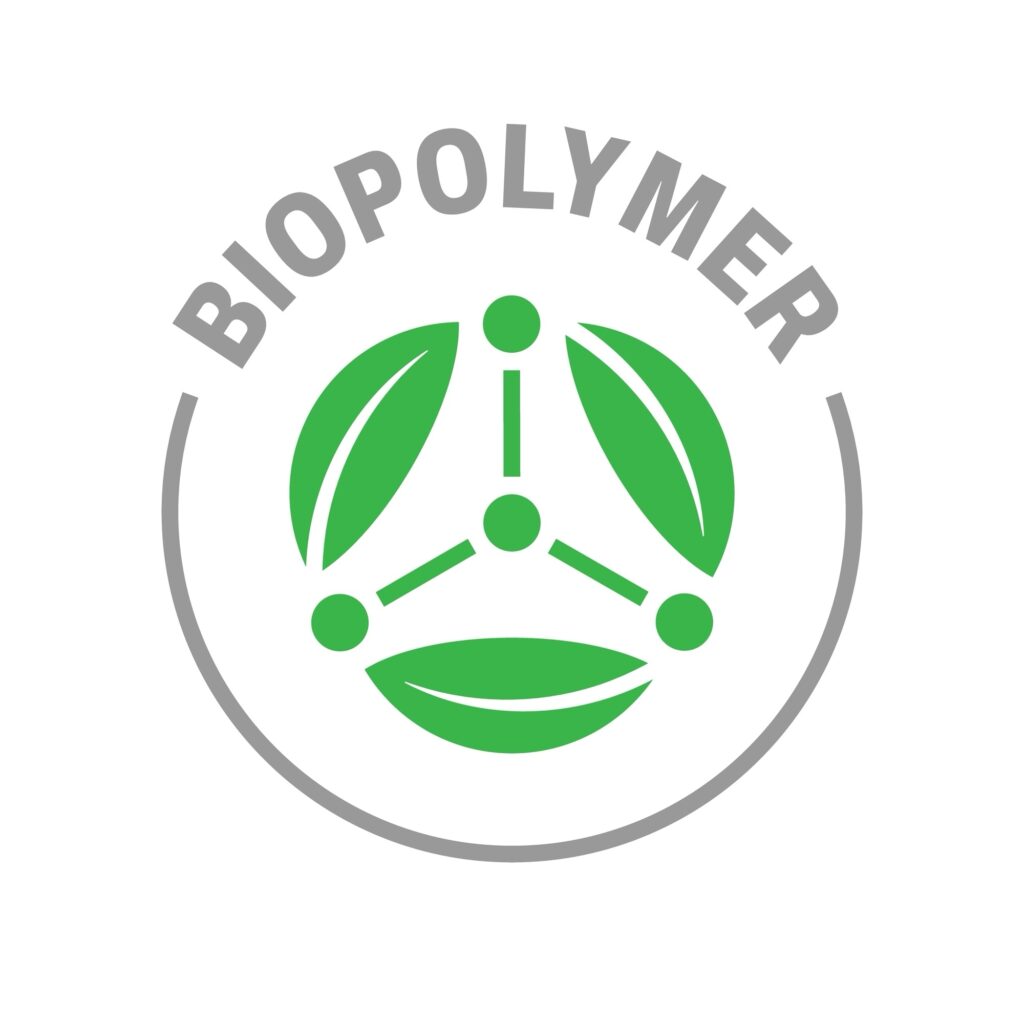
Research indicates that biopolymers, which degrade more easily in the environment, fall into three categories: those extracted from biomass, those synthesized from bio-derived monomers, and those produced by microorganisms. Techniques such as solution casting, electrospinning, and hot pressing or fusion blending followed by extrusion blown film are employed to create materials suitable for food packaging. Among these, Polybutylene Succinate (PBS) is particularly notable. PBS is a semi-crystalline polymer obtained through the simple direct esterification of succinic acid with 1,4-butanediol, increasingly sourced from renewable resources via fermentation. Given its properties, PBS is highly valued in the bioplastics industry, though it remains costlier than conventional plastics. To offset costs and enhance applicability, PBS is often blended with biopolymers or natural molecules.
Innovative Biopolymer Combinations
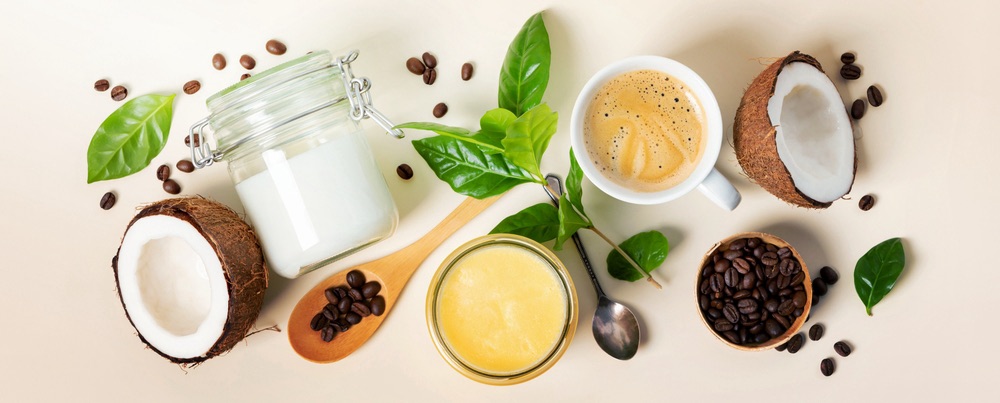
This work introduces a potential innovative combination of PBS with two different types of oils—extra virgin olive oil (EVO) and coconut oil (CO)—widely used in Europe and South America, respectively. Thin films were prepared by incorporating these oils at low concentrations (1–3 wt%) to ensure mixability and homogeneity within the PBS matrix during processing and in the final films, without significantly increasing costs. The primary innovation of this study is the creation of active films that slow the deterioration of food, specifically disposable fruits and vegetables, which are frequently discarded due to over-preparation. By wrapping cut, uneaten fruit, these materials can preserve its quality over time, reducing waste.
Materials and Methods
- Polymer and Oils
Two types of commercial oils were used: EVO, a superior category olive oil obtained directly from olives and only by mechanical means, and high-quality coconut oil made from freshly harvested, sustainably farmed coconuts, cold-pressed without any hydrogenation processes. Polybutylene succinate (PBS) grade FZ91PM was sourced from PTT MCC-Biochem Co., Ltd. (Bangkok, Thailand).
- Preparation and Film Manufacturing
PBS pellets were dried, mixed with different oil concentrations, and processed in a twin-screw extruder. Following extrusion, materials were dried, ground, and then used to produce films via blown film extrusion. This detailed preparation process was crucial for achieving the desired qualities in the final bioplastic films.
Thermal and Mechanical Properties
The addition of EVO and CO to PBS altered its thermal properties, as demonstrated by differential scanning calorimetry (DSC). The cold crystallization and melting temperatures of PBS shifted with oil incorporation, indicating changes in thermal behavior and crystallization dynamics due to the presence of the oils, which may act as nucleating agents. Mechanically, the incorporation of oils generally reduced the tensile strength of PBS, with notable differences between the types of oils used. The optical properties of the films also changed, with the addition of oils reducing their transparency, which could affect their utility in packaging applications where visibility is important.
Environmental Impact and Future Applications
The films developed in this study have the potential to significantly impact food preservation by inhibiting oxidation and mold growth, as observed in tests with sliced fruits. This suggests that these bioplastic films could serve as viable alternatives to traditional plastics in food packaging, helping to reduce both food and plastic waste. Further studies could expand on these findings, exploring the antimicrobial properties and specific application scenarios for these bioplastics.
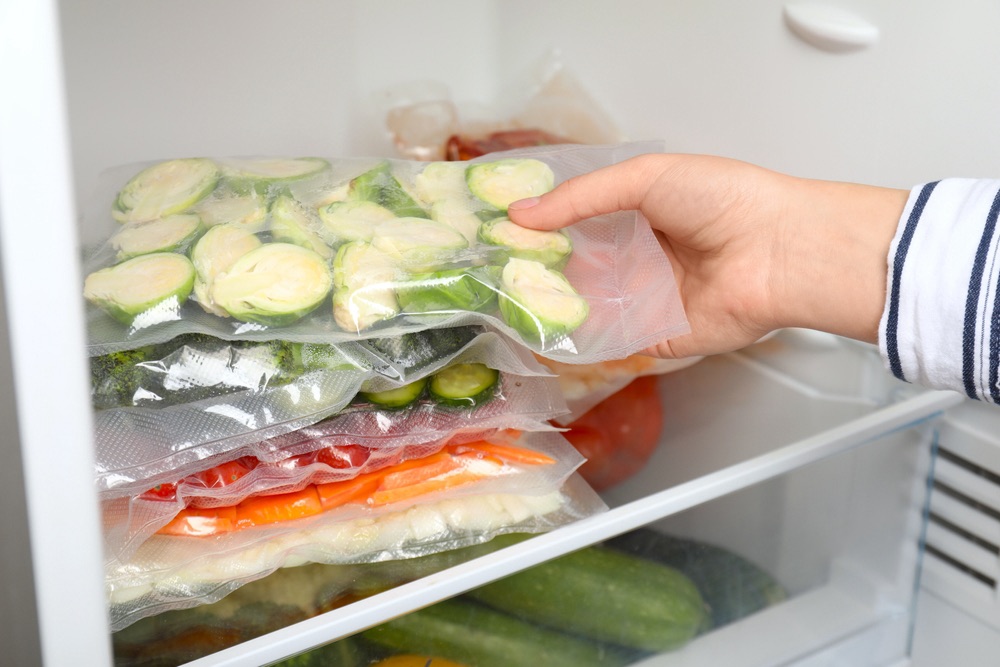
The development of PBS-based bioplastic films incorporating natural oils represents a promising step towards sustainable food packaging solutions. These bioplastics not only address environmental concerns associated with synthetic polymers but also offer practical benefits in food preservation, potentially reducing waste in both food and packaging materials. As the demand for environmentally friendly packaging solutions grows, studies like this underline the importance of continued research and innovation in the field of biodegradable materials.
Source Study: https://www.mdpi.com/2073-4360/15/5/1212

